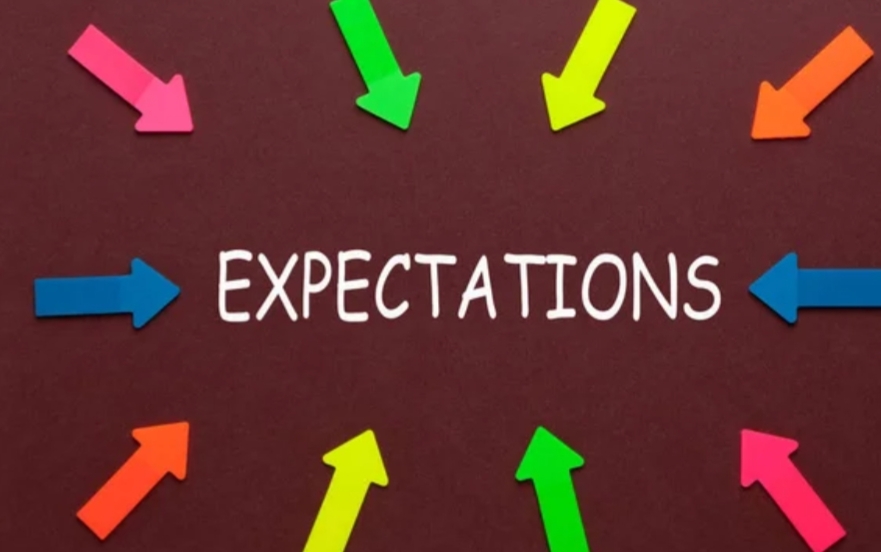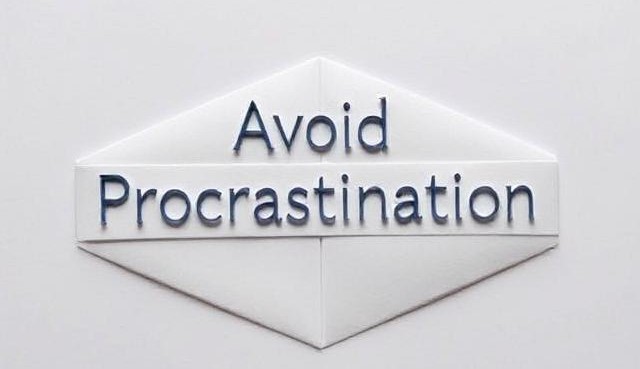
Recognizing and accepting one’s shortcomings is a vital aspect of personal growth and development. It requires humility, self-awareness, and a willingness to improve. Acknowledging where we fall short can lead to better relationships, increased resilience, and a more authentic life. When we acknowledge our shortcomings we take our first step towards success.
Why Acknowledging Shortcomings Matters
1. Promotes Self-Awareness
Understanding your limitations helps you gain a clearer picture of who you are. Self-awareness is the foundation for making meaningful changes and setting realistic goals.
2. Fosters Personal Growth
By recognizing areas for improvement, you can actively work on developing new skills or behaviors. This continuous process of self-improvement leads to a more fulfilled and competent individual.
3. Enhances Relationships
Being honest about your shortcomings can improve communication and trust in relationships. It shows humility and a willingness to grow, which others often respect and appreciate.
4. Builds Resilience
Accepting your flaws allows you to handle setbacks more effectively. Instead of denying or avoiding mistakes, you learn from them and become more resilient in facing future challenges.
5. Encourages Authenticity
Acknowledging your imperfections fosters authenticity. It allows you to live genuinely, without the need to project an image of perfection that may be unrealistic or unsustainable.
How to Effectively Acknowledge Your Shortcomings
1. Practice Self-Reflection
Regularly take time to evaluate your actions, decisions, and behaviors. Journaling or meditation can help in gaining insights into areas needing improvement.
2. Seek Feedback
Be open to constructive criticism from trusted friends, family, or colleagues. Their perspectives can reveal blind spots you might not notice yourself.
3. Avoid Defensiveness
Accept feedback without becoming defensive. View it as an opportunity for growth rather than an attack on your character.
4. Set Realistic Goals
Identify specific shortcomings and create actionable plans to address them. Celebrate progress along the way to stay motivated.
5. Practice Self-Compassion
Remember that everyone has flaws. Be kind to yourself during this process, understanding that growth is a journey, not a destination.
Acknowledging your shortcomings is a courageous and essential step toward becoming a better version of yourself. It fosters humility, promotes growth, and enhances your relationships. Embracing your imperfections with honesty and compassion paves the way for a more authentic and fulfilling life.

